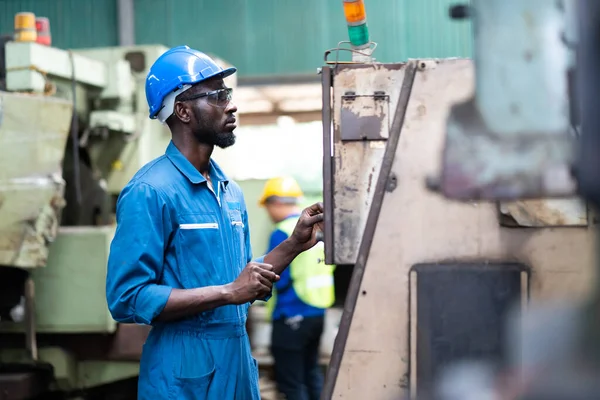Choosing the right structural engineer is a crucial step in the success of any construction project, whether it’s a small renovation or a large-scale development. The structural engineer plays a vital role in ensuring that your building is safe, functional, and compliant with all regulations. Here’s a guide to help you make an informed decision when selecting a structural engineer for your project.
1. Assess Your Project Needs
Understand the Scope
Before you begin searching for a structural engineer, clearly define the scope of your project. Consider the following:
- Type of Project: Is it residential, commercial, or industrial?
- Complexity: Are there unique challenges, such as unusual designs or specific environmental conditions?
- Budget and Timeline: What are your financial constraints and deadlines?
Understanding your project needs will help you find an engineer with the right expertise and experience.
2. Look for Relevant Experience
Check Qualifications
Search for structural engineers who have experience relevant to your specific project type. Consider:
- Specialization: Some engineers specialize in certain types of structures, such as high-rise buildings, bridges, or residential homes.
- Previous Projects: Review their portfolio to see if they have worked on similar projects in the past.
Ask for References
Request references from previous clients or contractors. Reach out to these references to inquire about their experiences, focusing on:
- Quality of Work: How satisfied were they with the engineer’s performance?
- Communication: Did the engineer keep them informed throughout the project?
- Problem-Solving Skills: How did the engineer handle challenges that arose?
3. Verify Credentials and Certifications
Check Licenses
Ensure that the structural engineer holds the necessary licenses and certifications required in your region. This may include:
- Professional Engineer (PE) License: Indicates that the engineer has met education and experience requirements and passed a qualifying exam.
- Special Certifications: Some engineers may have additional certifications in areas like seismic design or sustainable building practices.
Membership in Professional Organizations
Membership in professional organizations, such as the American Society of Civil Engineers (ASCE) or the Institution of Structural Engineers (ISE), can indicate a commitment to ongoing education and professional development.
4. Evaluate Communication Skills
Importance of Clear Communication
Effective communication is crucial for a successful project. During initial consultations, assess the engineer’s communication style:
- Clarity: Are they able to explain technical concepts in a way that is easy to understand?
- Responsiveness: Do they respond promptly to your inquiries? Good engineers should be accessible and willing to discuss your project.
Collaboration with Other Professionals
Consider how well the structural engineer collaborates with other professionals, such as architects and contractors. A good team player can help streamline the design and construction process.
5. Review Their Approach to Safety and Sustainability
Commitment to Safety
Safety should always be a top priority in structural engineering. Inquire about:
- Design Standards: What standards do they adhere to in their designs?
- Risk Management: How do they identify and mitigate potential risks in a project?
Sustainable Practices
If sustainability is a priority for your project, ask about the engineer’s experience with green building practices and materials. This can include:
- Energy Efficiency: Do they incorporate energy-efficient designs?
- Sustainable Materials: Are they knowledgeable about using recycled or environmentally friendly materials?
6. Consider Their Availability
Project Timelines
Make sure the structural engineer has the availability to commit to your project timeline. Discuss your deadlines and ensure they can meet your schedule without compromising quality.
Ongoing Support
Inquire about the level of support you can expect throughout the project. Will they be available for consultations during construction? Will they assist in resolving any issues that arise?
7. Obtain Multiple Quotes
Compare Costs
It’s wise to obtain quotes from multiple structural engineers to compare costs. However, be cautious about choosing solely based on price:
- Value for Money: Consider the overall value the engineer provides, including their expertise, experience, and quality of work.
- Detailed Proposals: Review the proposals carefully, noting what is included in the scope of work, timelines, and payment terms.
8. Trust Your Instincts
Personal Rapport
Finally, trust your instincts. Choosing a structural engineer is not just about credentials and experience; it’s also about finding someone you feel comfortable working with. A good working relationship can significantly enhance the success of your project.
Follow-Up Communication
After initial meetings, assess how the engineers follow up with you. A proactive approach can indicate their level of commitment to your project.
Conclusion
Choosing the right structural engineer is a critical step that can significantly impact the success of your project. By assessing your needs, evaluating experience and credentials, and considering communication and collaboration skills, you can make an informed decision. Take your time in the selection process to ensure that you find a structural engineer who aligns with your project goals and vision. With the right professional by your side, you can achieve a safe, functional, and successful construction project.








